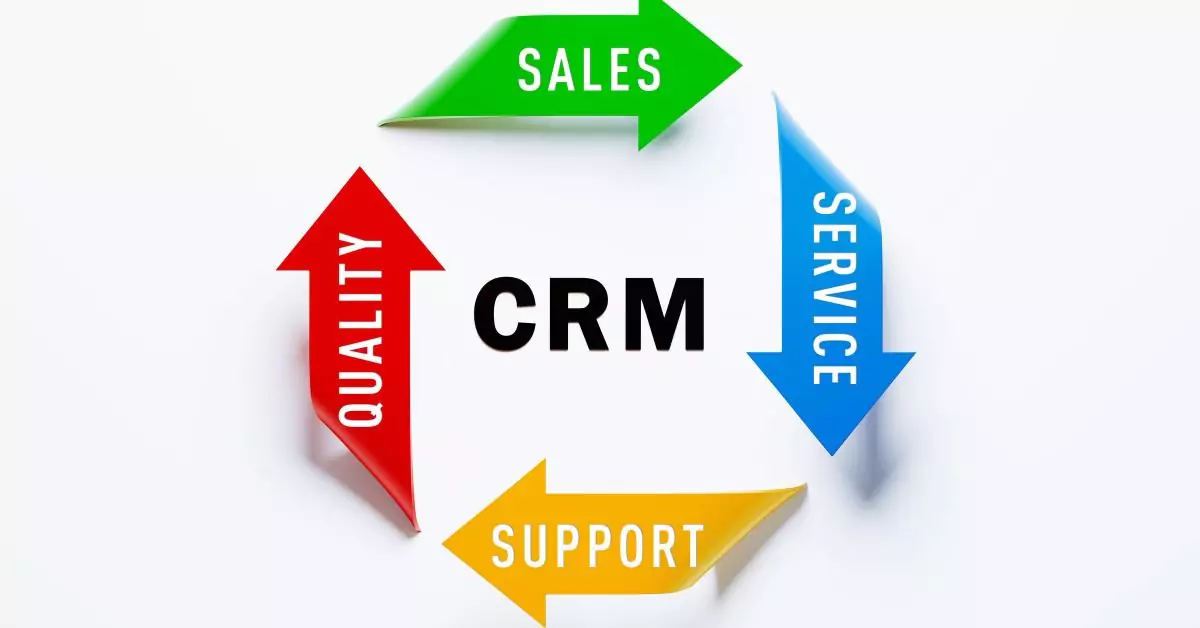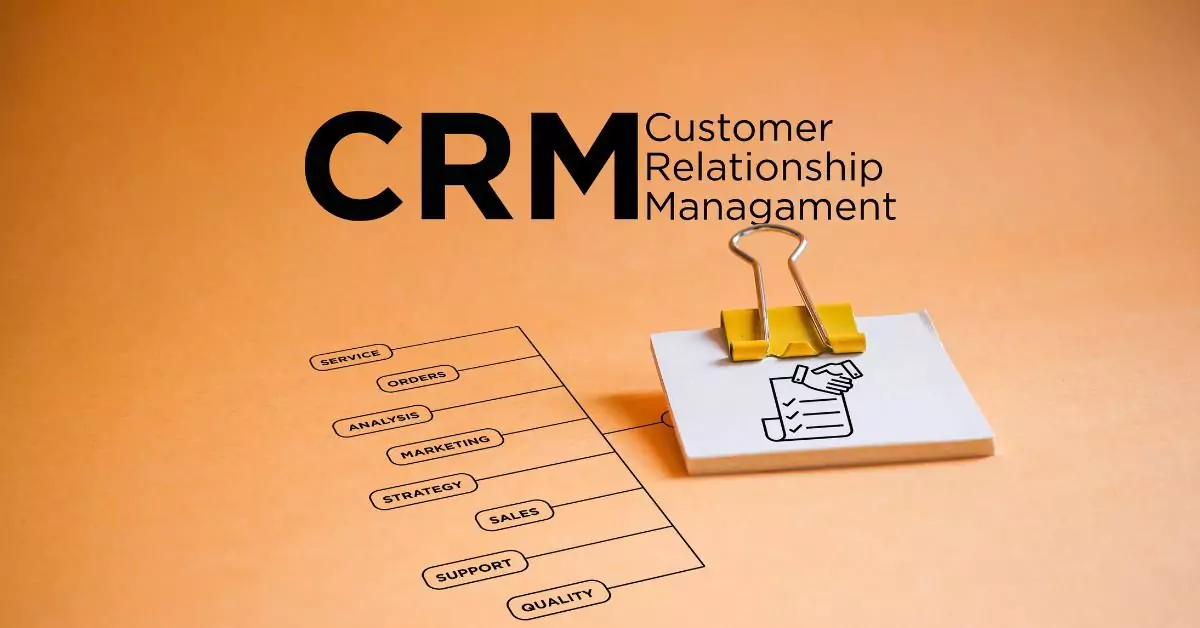In today’s fast-paced business landscape, building and maintaining strong customer relationships is essential for sustainable success. With the advent of technology, Customer Relationship Management (CRM) software has emerged as a powerful tool that enables businesses to effectively manage interactions with their customers, streamline processes, and enhance overall customer satisfaction. This article delves into the significance of CRM software in unlocking and nurturing customer relationships, outlining its benefits and providing insights into its implementation.

Introduction
In a business landscape driven by customer preferences and experiences, maintaining strong relationships with customers is paramount. This is where CRM software plays a pivotal role, serving as a comprehensive solution to manage, analyze, and improve interactions throughout the customer journey.
Understanding Customer Relationship Management (CRM)
At its core, CRM revolves around the philosophy of putting customers at the heart of business operations. It involves strategies, processes, and technologies that facilitate the collection and analysis of customer data, enabling businesses to understand their customers’ needs, behaviors, and preferences.
The Evolution of CRM Software
CRM software has come a long way from its origins as a basic contact management tool. Today’s advanced CRM systems offer a myriad of features, including contact management, lead tracking, sales automation, analytics, and more. This evolution reflects the growing need for businesses to centralize customer-related information and streamline operations.
Key Features and Functionality
Modern CRM software encompasses a wide range of features designed to enhance customer relationship management. These include:
Contact and Lead Management
Efficiently organize and manage customer information, communication history, and lead interactions.
Interaction Tracking
Record customer interactions across various channels such as emails, social media, and phone calls, providing a holistic view of customer engagement.
Sales and Opportunity Management
Track sales activities, manage deals, and forecast sales based on real-time data, helping businesses optimize their sales processes.
Analytics and Reporting
Generate actionable insights from customer data, enabling data-driven decision-making for marketing, sales, and customer service strategies.
Benefits of Implementing CRM Software
Enhanced Customer Data Management
CRM software acts as a centralized repository for customer data, eliminating the need for disjointed spreadsheets and documents. This ensures that businesses have a comprehensive and up-to-date view of customer information.
Streamlined Communication and Interaction
By capturing customer interactions and communication preferences, CRM software enables businesses to tailor their outreach efforts. This results in more meaningful and effective communication, enhancing customer engagement.
Personalization and Tailored Experiences
With a deep understanding of customer preferences, businesses can personalize their interactions and offerings. This personalization fosters stronger connections and brand loyalty.
Improved Sales and Customer Service
CRM software streamlines sales processes by automating tasks, tracking leads, and providing sales teams with real-time insights. Similarly, customer service teams can promptly address customer inquiries and issues, leading to higher satisfaction levels.
Data-Driven Insights for Better Decision Making
The analytics capabilities of CRM software provide valuable insights into customer behaviors and trends. Businesses can leverage this information to make informed decisions and refine their strategies.
Implementing CRM: Best Practices
Selecting the Right CRM Solution
Choosing a CRM solution requires careful consideration of business needs, scalability, and ease of use. A well-suited CRM system aligns with the organization’s goals and processes.
Customization and Integration
CRM software should be customizable to adapt to specific workflows and processes. Additionally, integration with other business tools such as email marketing platforms and e-commerce systems enhances overall efficiency.
Employee Training and Adoption
Proper training is crucial to ensure that employees can effectively use the CRM software. Encouraging user adoption leads to better data input and utilization.
Data Security and Privacy Considerations
As customer data is sensitive, implementing robust security measures and adhering to data protection regulations is imperative to maintain trust and compliance.
Challenges in CRM Implementation
While CRM software offers numerous benefits, its implementation can present challenges such as resistance to change, data migration issues, and technical complexities. Overcoming these challenges requires a well-defined strategy and strong leadership.
Conclusion
In the digital age, nurturing customer relationships is a cornerstone of business success. CRM software empowers businesses to unlock the full potential of these relationships by providing tools to manage, analyze, and optimize interactions. By leveraging CRM software effectively, businesses can cultivate loyal customers and drive sustainable growth.
FAQs (Frequently Asked Questions)
What is CRM software, and why is it important?
CRM software stands for Customer Relationship Management software. It’s important because it helps businesses manage customer interactions, enhance communication, and improve overall customer experiences.
How does CRM software benefit sales teams?
CRM software benefits sales teams by automating tasks, tracking leads, and providing insights that enable them to make informed decisions and close deals more efficiently.
Is CRM software suitable for small businesses?
Yes, CRM software can be valuable for small businesses as it helps them organize customer data, streamline processes, and enhance customer engagement.
What challenges might arise during CRM implementation?
Challenges during CRM implementation can include resistance to change, data migration issues, and complexities in integrating with existing systems.
How does CRM software contribute to data-driven marketing strategies?
CRM software provides valuable customer insights that enable businesses to create targeted and personalized marketing campaigns based on customer behaviors and preferences.





